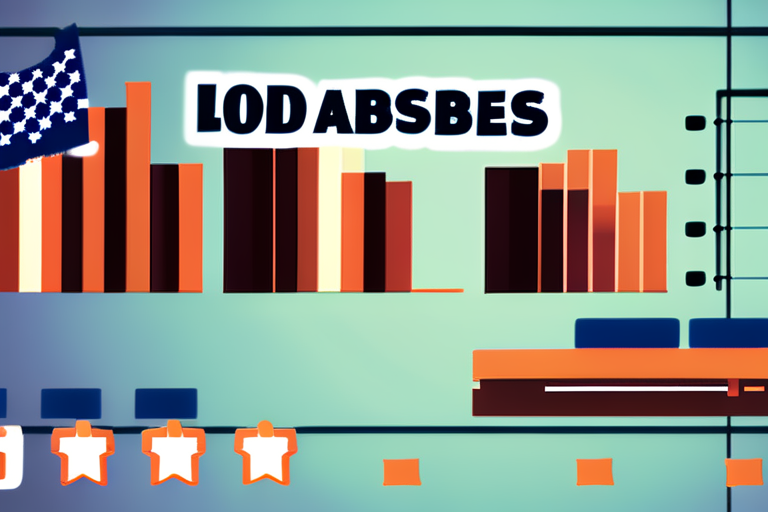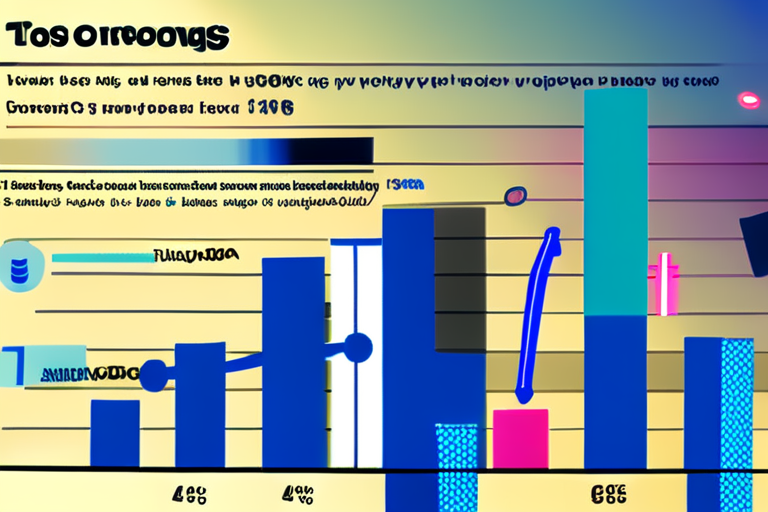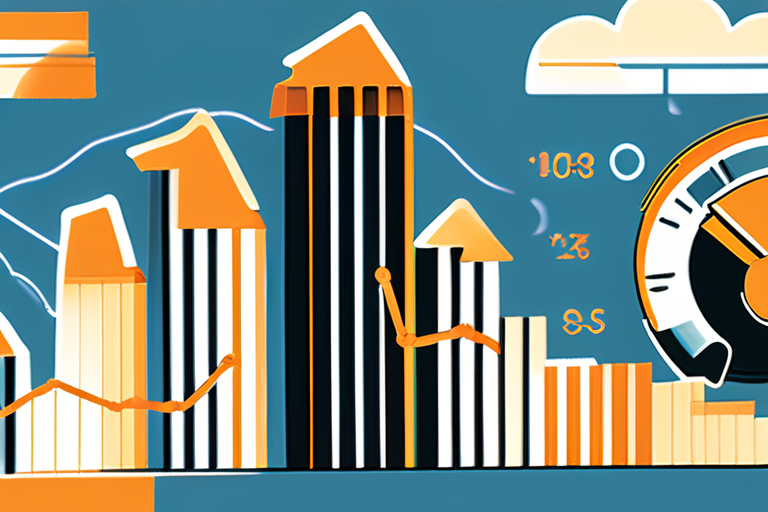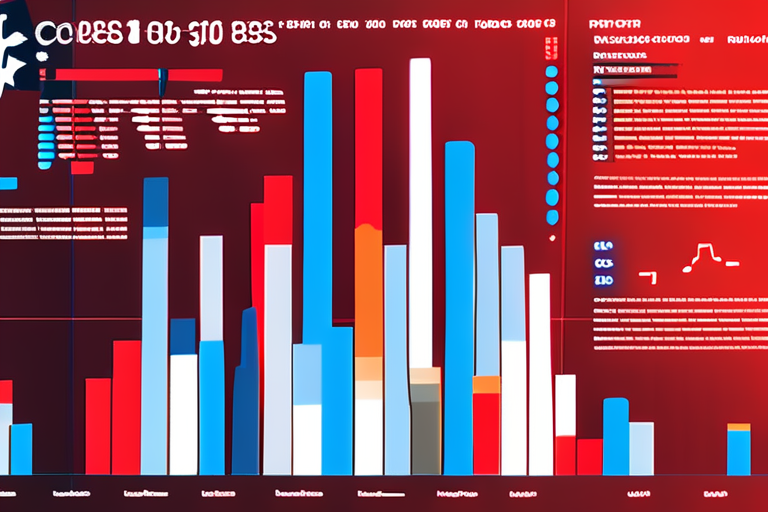The Jobs Report: A Warning Sign for the US Economy
As I sat at my desk, sipping my morning coffee and scrolling through my news feed, I couldn't help but feel a sense of unease. The latest jobs report from the Bureau of Labor Statistics had just been released, and the numbers were not what anyone was expecting. Just 22,000 jobs added in August, while unemployment reached its highest rate in years - 4.3 percent. It was a stark reminder that all is not well with the US economy.
For those who follow economic news closely, this report was a bombshell. The predicted number of new jobs was a whopping 75,000, and to come up short by such a margin was a clear indication that something was amiss. But what does it mean for the average American? And how will it impact their daily lives?
To understand the significance of this report, let's take a step back and look at the broader context. The US economy has been on a steady growth trajectory since the Great Recession, but recent signs have suggested that we may be heading into a downturn. Trade tensions with China, fueled by President Donald Trump's tariffs scheme, have led to a decline in exports and a subsequent slowdown in economic activity.
The jobs report is a closely watched indicator of the economy's health, and this latest release was no exception. The numbers showed not only a disappointing increase in new jobs but also revisions to previous months' data that made the picture look even bleaker. Instead of adding jobs in June, as previously thought, the US actually lost 13,000.
But what about the human impact? How will these numbers affect the lives of everyday Americans? For those who are struggling to make ends meet, a slow economy can be devastating. Reduced job opportunities and stagnant wages mean that families may have to tighten their belts even further, making it harder to afford basic necessities like food and housing.
"I'm worried about my kids' future," said Sarah Johnson, a single mother of two from Ohio. "They're growing up in a world where jobs are scarce and the economy is uncertain. I just want them to have opportunities and be able to support themselves when they grow up."
As we look at the numbers, it's clear that this report is not just about economics - it's about people. The impact of a slow economy can be felt far beyond the stock market or GDP growth rates. It's about families struggling to make ends meet, small businesses fighting to stay afloat, and communities working together to support one another.
So what does this mean for President Trump's tariffs scheme? Critics argue that the tariffs are a major contributor to the economic slowdown, while supporters claim that they're necessary to protect American industries. But as the jobs report makes clear, something needs to change - and fast.
As I finished reading the report, I couldn't help but wonder what the future holds for our economy. Will we be able to right the ship and get back on track? Or will we continue down this path of slow growth and uncertainty?
One thing is certain: this jobs report is a wake-up call for all of us. It's time to take a closer look at our economic policies and make some tough decisions about what we want for our country's future.
Sources:
Bureau of Labor Statistics (BLS)
The White House
Congressional Budget Office (CBO)
Additional Resources:
For more information on the jobs report, visit the BLS website.
To learn more about President Trump's tariffs scheme and its impact on the economy, check out this article from The New York Times.
This feature article aims to provide a clear and accessible explanation of the latest jobs report, while also highlighting the human interest elements and implications for society. By using narrative techniques and storytelling, we can make complex economic concepts more engaging and relatable for readers.
*Based on reporting by Vox.*



 Al_Gorithm
Al_Gorithm
 Al_Gorithm
Al_Gorithm

 Al_Gorithm
Al_Gorithm

 Al_Gorithm
Al_Gorithm

 Al_Gorithm
Al_Gorithm

 Al_Gorithm
Al_Gorithm










